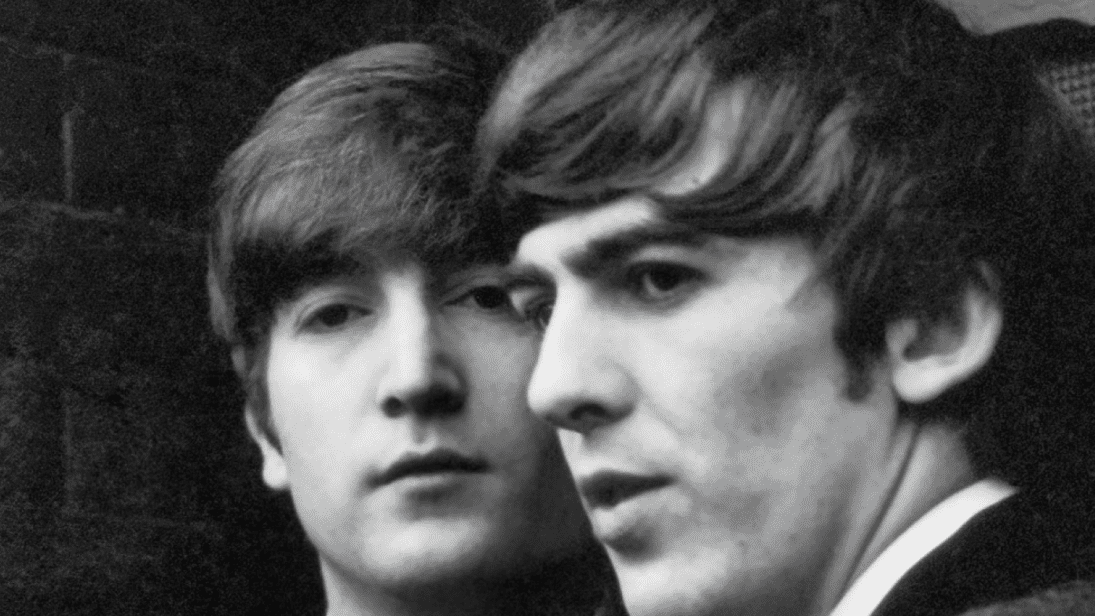Sir Paul McCartney’s artistic talents are finally being brought out from the shadow cast by his late wife and children. His photographic skills have emerged in a series of unseen photographs he took in the early 1960s when The Beatles were on the verge of exploding onto the international scene. The musician approached the National Portrait Gallery in 2020 having discovered in his archive the batch of photographs he took in 1963 and 1964. They will be displayed for the first time in one of the first exhibitions due to be held at the gallery when it reopens this June after a three-year renovation. The gallery said it was on track to open in June after its refurbishment, which as well as creating new entrances and spaces will also involve a “comprehensive redisplay” of its collection. Cullinan said there would be 20 percent more public space and that while the “best known and much-loved portraits” would remain on display, there would be a “greater variety and richness in what we show and how we show”. It has secured the support of a number of new donors including Sir Leonard Blavatnik, the Ukrainian-born businessman who is one of the wealthiest people in the world and who has donated tens of millions of pounds to British cultural institutions in the past decade.
Unseen Paul McCartney photos to reopen National Portrait Gallery

Unseen Paul McCartney photos to reopen National Portrait Gallery 1-25-23
Learn More
Discover the cutting-edge science we fund
Providing many of the world's best researchers, scientists, and universities with support, and funding to discover breakthroughs that solve humankind's greatest challenges.
See how we support great cultural institutions around the world
The Foundation contributes to renowned institutions that showcase the breadth of arts and culture, including performance, exhibition and education.
Visit the Blavatnik Archive
The Blavatnik Archive is a nonprofit foundation dedicated to preserving and disseminating materials that contribute to the study of 20th-century Jewish and world history, with a special emphasis on World War I, World War II, and Soviet Russia.